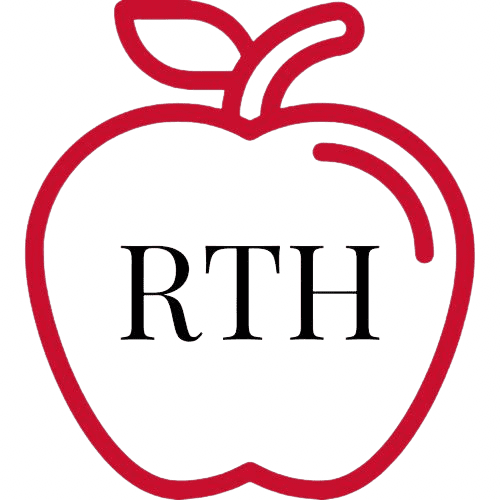Having a balanced diet is not only important for your physical health, but also your mental health.
The foods you eat and the frequency of your meals has a huge impact on your mood, and there are many ways to improve your mood through diet. So, how do we do it?

Eating Regularly for Blood Sugar Levels
When you skip meals or eat them too spaced out, it can cause you to feel very tired and even lower your mood due to causing low blood sugar. Eating every few hours or whenever you feel hungry again will help give you energy to sustain you throughout the day.
Good Gut Health
The gut has a direct pathway to your brain, so gut issues can affect your mood and vice versa. Eating foods that help promote gut health can help improve your mood as well. This includes prebiotics such as bananas and oats, fermented foods such as yoghurt, tempeh and fermented vegetables, and increasing your dietary fibre intake.
Importance of Whole Grains
Refined grains such as white bread and pasta taste great and are definitely part of a balanced diet, but high amounts can cause your blood sugar to spike then crash, leaving you feeling tired with a low mood. Try to include a variety of whole grains in your diet such as quinoa, oats, and wholegrain bread and pasta.
Mood-Boosting Benefits of Vitamin B12
Vitamin B12 can help your brain produce serotonin and dopamine, which reduces the risk of developing mental health issues such as depression. B12 is found naturally occurring in animal products, such as meat, fish, eggs and dairy. You can also find it fortified in plant foods, such as nutritional yeast, some plant-based milks and even mock meats.
The Power of Omega 3’s
Foods containing omega 3s have been shown to reduce stress levels and improve your mood. You can find sources in fatty fish such as salmon, seeds such as flax and chia, and leafy vegetables.
Remember, small changes can make a big difference in your mental well-being. By nourishing your body with the right foods, you’re taking a proactive step towards a healthier mind.




